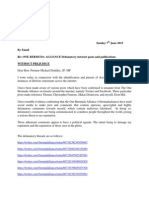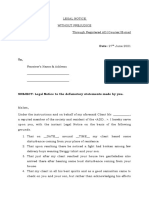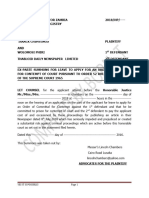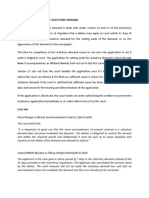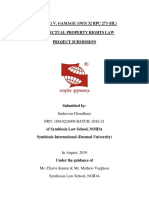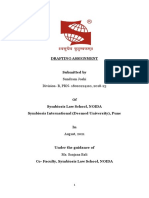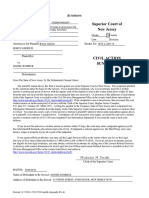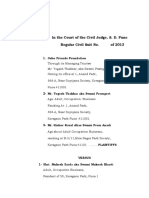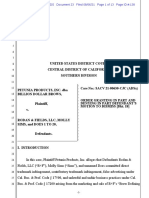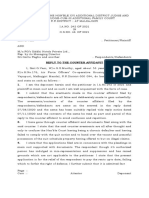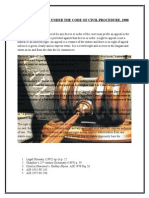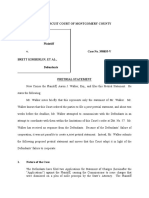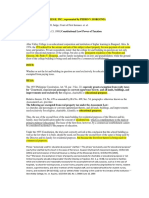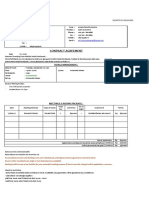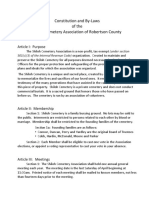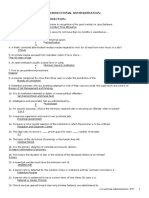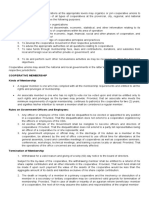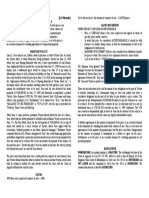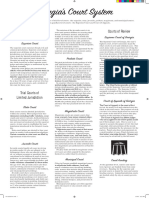0% found this document useful (0 votes)
793 views28 pagesDEFAMATION
This document provides an overview of defamation law in the UK. It discusses how defamation law aims to balance freedom of expression with protection of reputation. It defines defamation and outlines key aspects of libel and slander claims. Specifically:
1) Defamation involves the publication of a false statement that harms someone's reputation. Libel refers to permanent forms of defamation (e.g. written statements) while slander is transient (e.g. spoken).
2) For a libel claim, damages are presumed without need to prove actual harm. Slander requires demonstrating actual losses unless it involves criminal allegations, diseases, or attacks on professional reputation.
3
Uploaded by
Chisom EkehCopyright
© © All Rights Reserved
We take content rights seriously. If you suspect this is your content, claim it here.
Available Formats
Download as DOCX, PDF, TXT or read online on Scribd
0% found this document useful (0 votes)
793 views28 pagesDEFAMATION
This document provides an overview of defamation law in the UK. It discusses how defamation law aims to balance freedom of expression with protection of reputation. It defines defamation and outlines key aspects of libel and slander claims. Specifically:
1) Defamation involves the publication of a false statement that harms someone's reputation. Libel refers to permanent forms of defamation (e.g. written statements) while slander is transient (e.g. spoken).
2) For a libel claim, damages are presumed without need to prove actual harm. Slander requires demonstrating actual losses unless it involves criminal allegations, diseases, or attacks on professional reputation.
3
Uploaded by
Chisom EkehCopyright
© © All Rights Reserved
We take content rights seriously. If you suspect this is your content, claim it here.
Available Formats
Download as DOCX, PDF, TXT or read online on Scribd
/ 28


